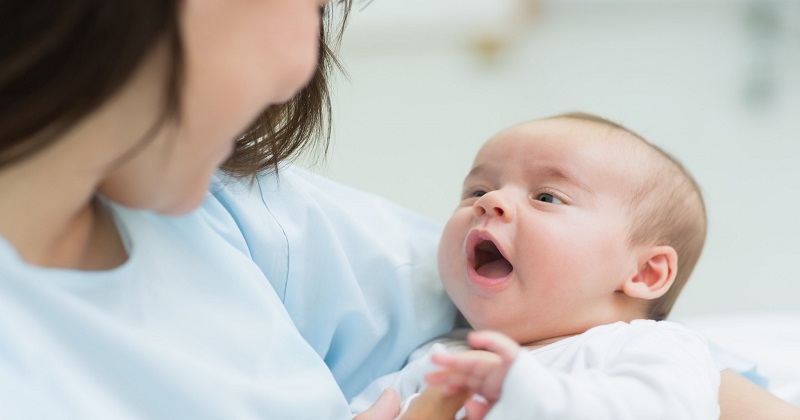
Statistics from a report published on Office for National Statistics titled Childbearing for women born in different years, England and Wales: 2020 suggest late motherhood is increasingly becoming the norm as more women enter their 30s without having children, a first in history. This study shows that women are entering motherhood at an older age, stating that 50 percent of today’s 30-year-old women born in 1990 chose to remain childless, a first since 1920. Children born in 1949 were typically 22 years old, while those born in 1975 (now 45 years old) were 31 years old.
There is no noticeable change (37%) in the number of children women choose to have in comparison to their mothers’ generation born in 1949 (44%) with respect to the number of children women choose to have. The document made stark observations on fertility trends over the years, noting that childlessness rates by age 30 have steadily risen since a low of 18 percent for women born in 1941. As they enter their mid-20s, fertility is likely to drop even more.
Mayurr Dass, a senior consultant in obstetrics and gynecology at Cloudnine Group of Hospitals in Patparganj, shares that her observations in India, as well as research conducted in the country, point towards similar findings. ‘The tendency for women to plan children after their 30s has changed due to the increasing standard of living, flexibility in family life, and financial burden of raising children’. She notes that couples typically want one or two children, at the most.
According to Dr. Dass, fertility rates are ‘constantly decreasing’. Researchers have noted the trend in surveys like the National Family Health Survey 2019-2021, where the total fertility rate has dropped from 2.2 in 2015-16 to two. In urban areas, it was 1.6, and in rural areas, it was 2.1. She explains that diseases like Polycystic Ovaries Syndrome (PCOS), obesity along with sedentary lifestyles, increased and increasing stress levels are contributing to the decline of natural conception.
Dr. Dass observes that the pandemic has surprisingly caused a decrease in the percentage of women choosing motherhood. Children and couples who plan to have children are suffering inverse effects from the pandemic. Many women were frightened, anxious, depressed, lacked information, and lost their jobs, which led them to defer their pregnancies’, she added.

Post Your Comments